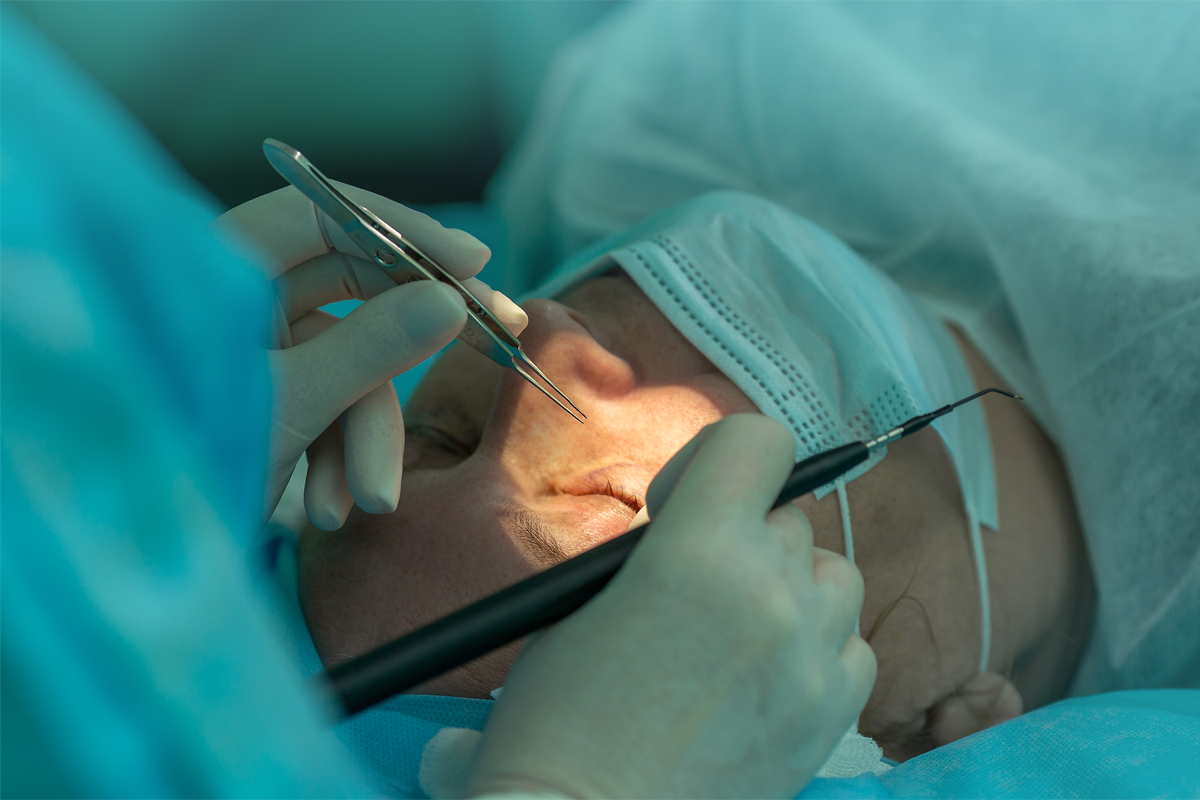Search This Blog
We are attempting to raise awareness about various medical value travel options in order for everyone to receive inexpensive medical care on time.
Featured
- Get link
- X
- Other Apps
With Shinon Global, you may have affordable eye corneal transplant surgery in India.
Organ transplants are a topic that is frequently discussed. Millions of people throughout the world now have hope because to organ donation. It is considered to be the best legacy we can leave behind us since it is equivalent to giving another person the most priceless gift possible—a new life.
We are all aware that ageing and other factors cause the human body to deteriorate over time. However, diseases, hereditary conditions, or traumatic events can occasionally cause certain organs to sustain significant injuries that are often irreparable. Today, thanks to medical advances, a variety of life-sustaining treatments are available, although a lot depends on the organ that has been damaged.
For certain patients, organ donation can be a highly advantageous and life-saving solution. Organ donation gives a person's life a new lease on life. It's possible to leave behind the most incredible legacy. Organ donation is currently exceedingly safe because of the groundbreaking advancements made in the healthcare sector and the creation of fresh, updated equipment. Consequently, organ donation is a source of immense optimism for patients, acting as a bright point in their day. However, the number of people waiting for organ donation is usually larger than the number of donors since there is still a great lot of ambiguity in the minds of those who would be prepared to offer.
Types of organs that can be donated
The two basic types of organ donation are from the living and from the deceased. The decision is definitely difficult, but for patients with end-stage organ failure, it offers a significant improvement in their prognosis. Unfortunately, there are always more people in need of organ transplants than there are donors.
It is well known that our bodies as a whole decay over the course of a lifetime. How much depends on whatever organ is deteriorating. There are several methods for life-sustaining treatment prior to transplantation that can assist to improve the condition of that particular organ. The remainder of the body must bear the brunt of the treatment's side effects, though. Dialysis patients have an increased risk of cardiovascular disease because dialysis affects and lowers the amount of antioxidants, which are generally used to prevent the risk of cardiovascular disease.
the act of living organ donation
The majority of organ and tissue donations happen after the donor has died or been deemed brain dead. While the donor is still alive, some organs and tissues can be donated. However, some persons wish to donate to an unidentified recipient in order to become altruistic living donors. While most live donations occur between close friends or family members, this is not always the case.
More lives are saved as a result of this since it makes more organs available and gives those waiting for a dead donor an alternative. Live donors can supply the following tissues:
- Skin after an operation, such an abdominoplasty
- Following hip and knee replacements, bone
- healthy cells in umbilical cord blood and bone marrow
- donation of amnion after birth
- Blood, which carries blood cells throughout the circulatory system, contains platelets, serum, as well as white and red blood cells.
organ donation by the deceased
A SHORT SUMMARY OF EYE TRANSPLANTS
What You Should Know About Cornea Transplants
- In the disorder known as trichiasis, the eyelashes curl inward and scrape on the surface of the eye, causing scarring and vision loss.
- Scarring caused by an infection, such as that caused by ocular herpes or fungal keratitis
- Such hereditary conditions like Fuchs' dystrophy
- swelling or clouding of the cornea
- Eye disorders including Advanced Keratoconus and ocular ulcers
- This type of corneal morphology and corneal thinning are unusual adverse effects of the LASIK treatment.
- chemical burns to the cornea or accident-related eye injuries
- severe corneal edoema or swelling
- Graft rejection following a previous corneal transplant
- Corneal collapse that has occurred as a result of a surgical complication from a cataract
A process for corneal transplantation is available in India.
Who Needs Corneal Transplants?
- scarring of the cornea as a result of trauma and disease
- The cornea may become thin or deformed as a result of the degenerative condition keratoconus.
- corneal ulcers or sores caused by infection
- Fuch's dystrophy, Lattice dystrophy, and various other inherited corneal diseases are among them.
- difficulties with corneal thinning, clouding, or edoema caused by a prior eye operation
What advantages do picking India for this surgery offer?
- Get link
- X
- Other Apps
RECENT READS

Managing Diarrhea Post-Kidney Transplant: Effective Treatment
- Get link
- X
- Other Apps

Revolutionizing Eye Care: Shinon Global's Impact on Cornea Transplantation Worldwide
- Get link
- X
- Other Apps

Comments
Post a Comment